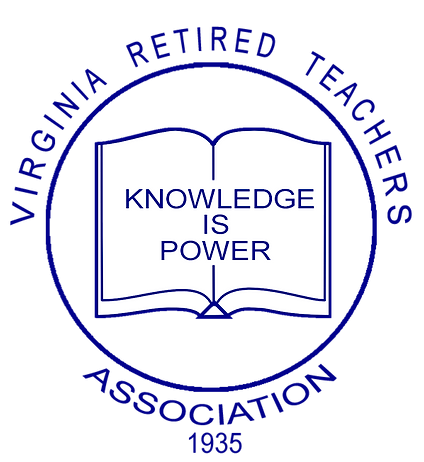Legislative
The latest info on the progress of bills
Because of the snowstorm forecast for this weekend and the problems that will likely follow it next week, VRTA in-person lobby day scheduled for Thursday, January 29, has been cancelled. However, we hope to be successful lobbying by emails, phone calls, and letters especially Thursday, January 29 and Friday, January 30.
Legislative Committee
Legislative Liaison Form
Tools & Tips
House Committee Chart
Senate Committee Chart
FOS Sponsored Bills – Jan.27, 2026
BREAKFAST BILLS, SCHOOL CHOICE, TEACHER SALARIES, February 7, 2026
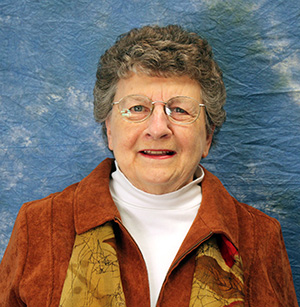
Bea Morris, Co-Chair
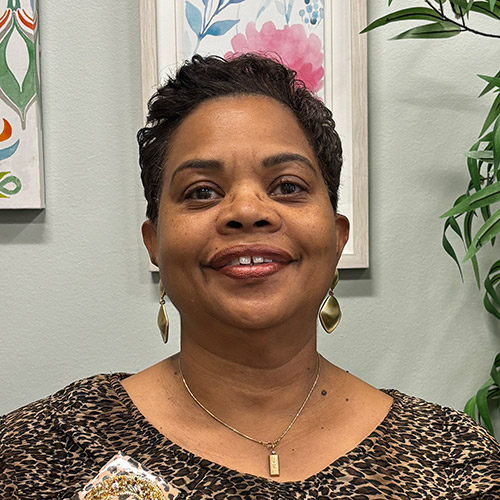
Joy Mainor, Member
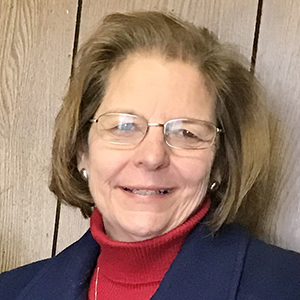
Tina Whitaker, Co-Chair

Chris Bailey, Lobbyist
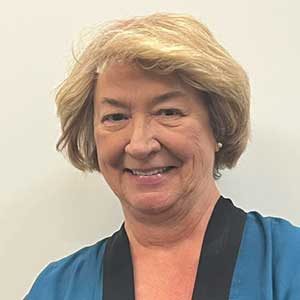
Mary Jane Mutispaugh, Member

David Bailey, Lobbyist
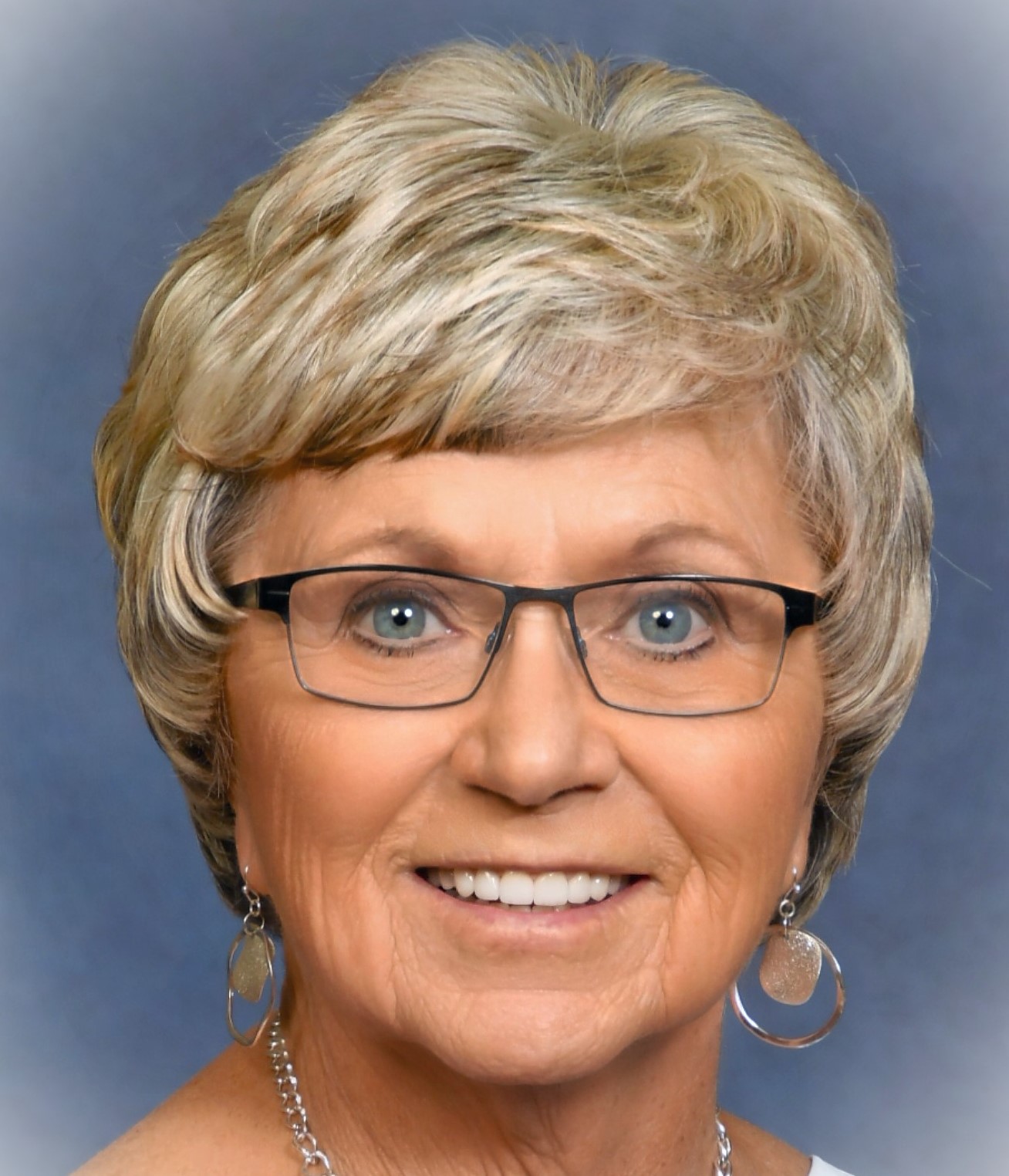
Joyce Williams, Member, AARP VA State President
August 2025 New Lobbyists for VRTA
